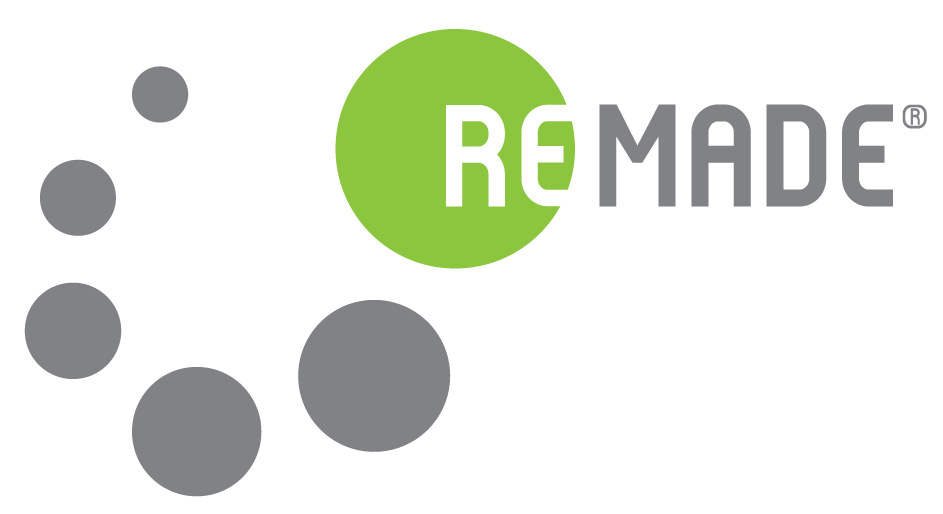Il Regolamento sull’ecodesign incentiva le prescrizioni sul contenuto di riciclato nei prodotti sostenibili. È vigente, dal 18 luglio 2024, l'attesissimo Regolamento 13 giugno 2024 n. 1781/2024, che stabilisce il quadro per la definizione dei requisiti di progettazione ecocompatibile dei prodotti sostenibili. Il Regolamento si applica a qualsiasi bene fisico immesso sul mercato (il cd. prodotto) eccetto gli alimenti, i mangimi, i medicinali, le piante, gli animali (vivi) e i veicoli. Gli obiettivi del Regolamento consistono nel migliorare la sostenibilità ambientale dei prodotti per fare in modo che i prodotti sostenibili diventino la norma e ridurre la loro impronta ambientale complessiva nel ciclo di vita e nel garantire la libera circolazione nel mercato interno dei prodotti per i quali sono stabiliti requisiti…

